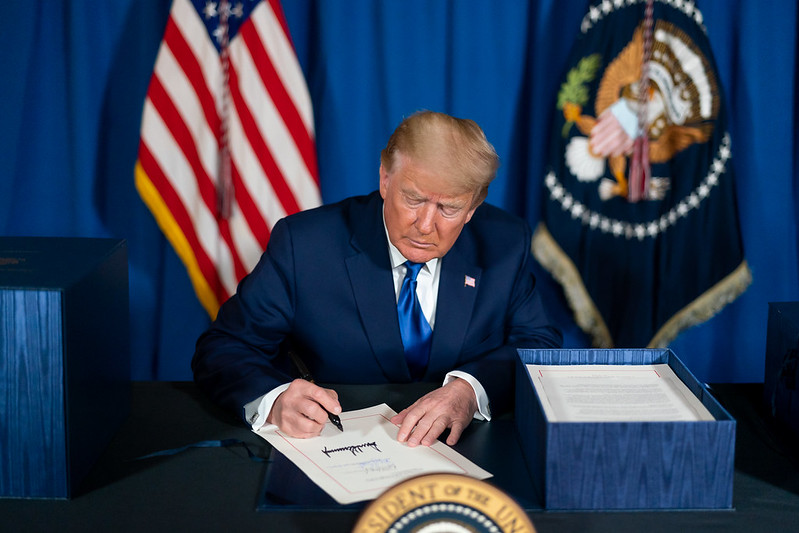In a bold move to combat violent drug cartels, the Trump administration has officially designated several notorious criminal organizations as Foreign Terrorist Organizations (FTOs). The announcement, published in the Federal Register and set to take effect on February 20, marks a significant escalation in the U.S. government’s efforts to address cartel violence.
The newly designated FTOs include Tren de Aragua, MS-13, the Sinaloa Cartel, the Jalisco New Generation Cartel (CJNG), the United Cartels, the Gulf Cartel, the Northeast Cartel, and the Michoacán Family. This decision, made in consultation with the Attorney General and the Treasury Department, underscores the administration’s commitment to treating cartel violence as a direct national security threat.
President Donald Trump, who began his second term in office in January, has consistently pledged to take strong action against cartel operations driving the fentanyl crisis and border violence. This new designation grants law enforcement powerful tools, enabling the U.S. government to freeze cartel assets, prosecute those offering support, and impose restrictions on international travel for cartel members.
This move also represents a shift in strategy, reclassifying these organizations as terrorist groups rather than mere criminal enterprises—similar to ISIS or al-Qaeda. The designation could open the door for expanded military operations, increased intelligence gathering, and enhanced international cooperation aimed at dismantling cartel networks.
The official document, signed by Secretary of State Marco Rubio, cites the Immigration and Nationality Act (INA) as the legal foundation for the designation. Rubio’s office highlighted that the decision is a direct response to the cartels’ extreme violence, widespread corruption, and the significant threats they pose to U.S. national security. “Therefore, I hereby designate the aforementioned organizations and their respective aliases as Foreign Terrorist Organizations pursuant to section 219 of the INA,” Rubio wrote.
With this designation, U.S. law enforcement agencies now have expanded authority to track, arrest, and prosecute individuals providing material support to these organizations. Furthermore, foreign governments, banks, and businesses engaging with cartel members could face significant repercussions. This tough stance aligns with Trump’s broader border security agenda, which includes plans for military operations targeting cartel strongholds, further construction of the border wall, and stricter penalties for drug trafficking.
In response to Trump’s recent order formalizing the designation, Mexico’s President Claudia Sheinbaum emphasized her country’s commitment to sovereignty and independence while also recognizing the importance of cooperation. “We all want to fight the drug cartels,” stated Sheinbaum, noting, “The U.S. in their territory, us in our territory.”



